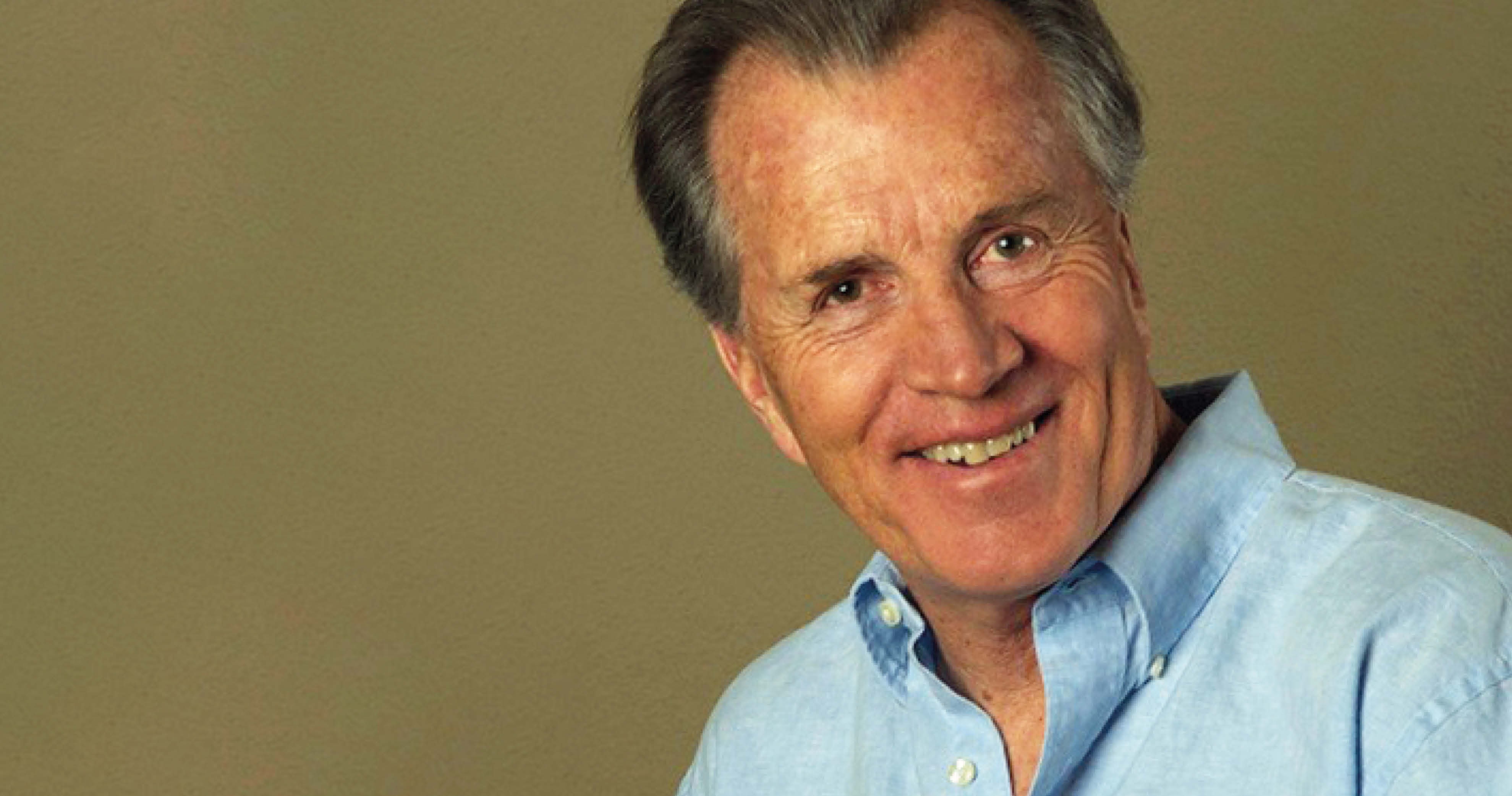
As FCSI professionals, it feels good to offer, even rattle off, solutions and answers. That said, process is as important as expertise. We all know, how we engage and our clients to get to solutions is as important as our given solution.
We ask a lot of and from our clients and staff. The goal with our questions is to get clarity for better solutions. My offering in this article is to ask ourselves, how can we frame questions to build rapport and trust with our clients at the same time we get to those great, even ideal, solutions.
We get a bonus with this topic. Building rapport with clients as we inquire about their project is not much different than interviewing potential team members if we do this right. The same skill sets apply to providing effective feedback to existing team members. Here’s how:
Lose the ‘why’ and the ‘but’
Starting questions with ‘why’ can work, no doubt. However, it can also be a trigger to drama. From applied brain science, that is brain physiology, asking someone ‘why’ they did something or want something, has a shelf life of about three to five inquiries.
Very quickly, ‘why’ turns the client (or staff member) into a five-year-old answering daddy or mommy, grandpa, or grandma. Defensiveness builds up, our clients become children which they are not and instead of building rapport, we end up in a power struggle. Beware the ‘why’.
The word ‘but’ in your response tends to negate anything that’s been said by the client or staff member prior. It also negates anything you’ve said prior.
What are our alternatives to the word, ‘but’? Like the non-sensical logic of pricing something at $9.95 and having that price be perceived as less than $10.00, working alternatives to the word ‘but’ are the following: Anywhere you’d use ‘but’ as your unconscious habit, consciously shift to: ‘at the same time’, or ‘however’ or simply, ‘and’. Watch the impact in making your point improve exponentially.
Start questions with ‘what’ or ‘how’
What’s your goal here? How do you see this piece of equipment solving your problem?
How many people do you have on your line? I’m interested in seeing how we can shift from five to four people with a change in technology.
The examples above are far more engaging than “Why would you do that?”
Instead ask: What’s your motivation? What would you like to have as an outcome?
This shift in asking questions builds engagement and rapport. It builds trust and a real sense of care instead of proving expertise.
Ask questions without a question mark
You and I can have an entire interview with a client or team member by what we call “being a guide.”
“I’m interested, share with me what you envision.”
“Please tell us your ultimate goal.”
“Share your vision please.”
“Say more.”
Rudy Miick FCSI is the founder and president of The Miick Companies, LLC.
Send your questions or comments to rudy@miick.com
